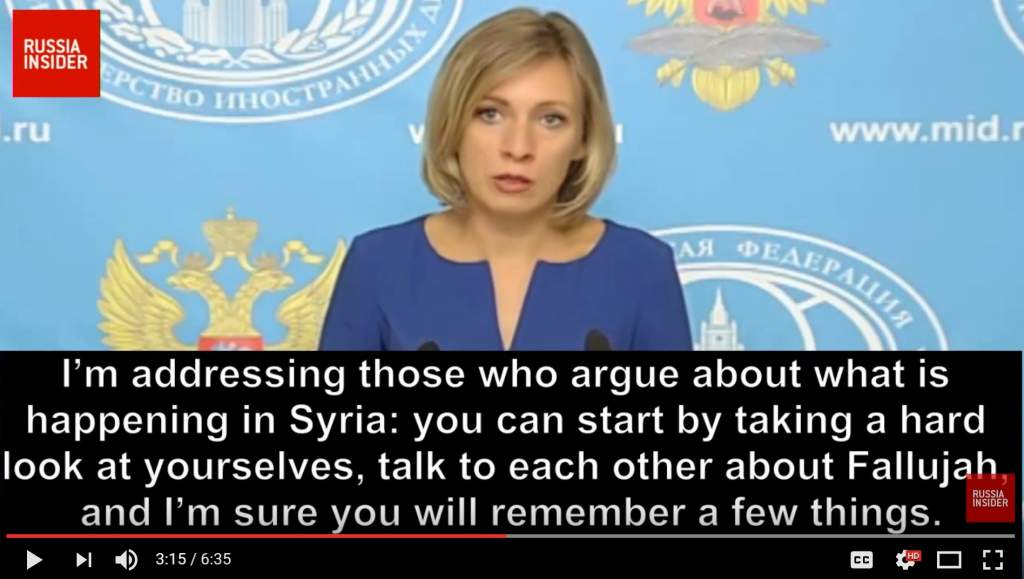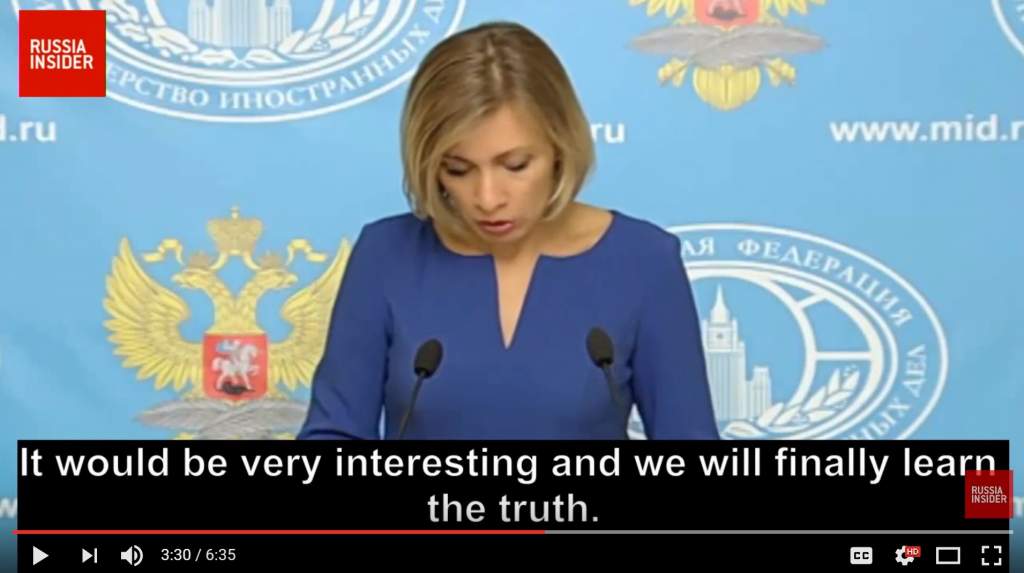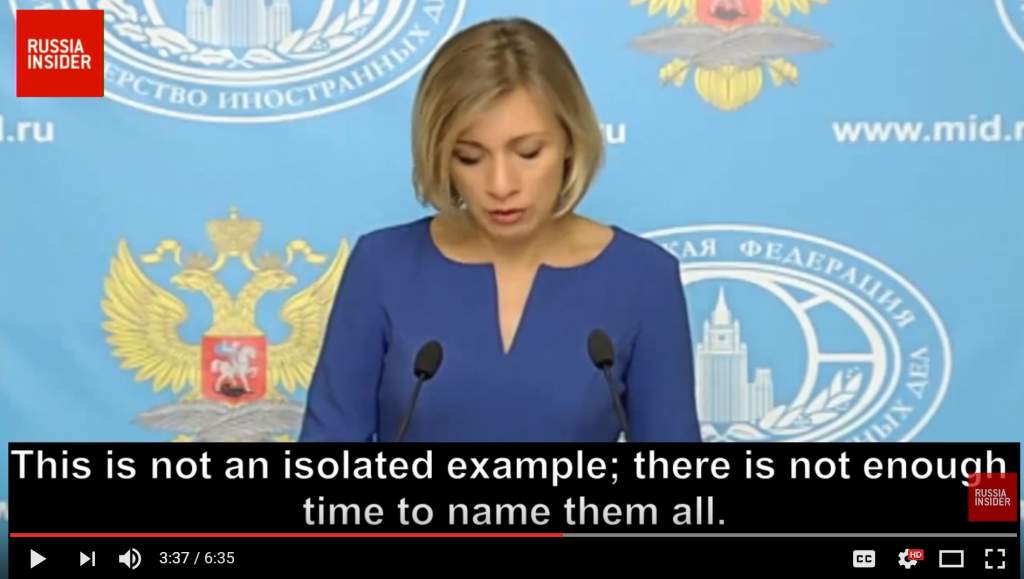Press
TV: Nukes Used by US Troops at Fallujah
US
used some new generation of nuclear weapons in Fallujah: Expert
1
May, 2015
Iran’s
growing position in global energy poses as competition to the United
States and Israeli entity, with the former imposing unilateral
sanctions as a result, a professor tells Press TV.
This
comes as the United States carries out its 27th subcritical nuclear
test, known as Pollux, in the state of Nevada on Wednesday to ensure
that Washington “can support a safe, secure and effective
stockpile” of nuclear weapons.
Press
TV has conducted an interview with James H. Fetzer, Professor
Emeritus at the University of Minnesota, Duluth, from Madison, to
further discuss the issue. Fetzer is joined by Kaveh Afrasiabi, an
author and political scientist from Boston, and Kenneth Katzman, an
advisor to US Congress from Washington. The following is a rough
transcription of the interview.
Press
TV: Do you agree with some of the points made by our guest Kenneth
Katzman?
Fetzer:
I think he’s reflecting that the situation is laden with political
hypocrisy and historical irony. Iran’s nuclear program was
initiated by the United States under the “Atoms for Peace”
program in the 1950s.
After
the Iranian Revolution in 1979, Ayatollah Khomeini abandoned and
denied that Iran would pursue nuclear weapons, a position which is
its policy up to this date.
In
2007, 16 US intelligence agencies concluded that Iran had no nuclear
weapons program, a position which incidentally it reaffirmed in 2011
as was reflected in a Los Angeles Times article published in February
of this year.
While
Bibi Netanyahu plays the Chicken Little of the Middle East, Iran in
fact is not pursuing nuclear weapons, and there’s really no
question about it; therefore, the suggestion that that’s the real
issue is completely misleading.
We
know that the real underlying issues have to do with Iran potentially
competing with the American nuclear energy industry by providing it
with nuclear fuel rods for peaceful purposes at lower cost, and more
importantly that Iran has abandoned the petrodollar.
Nations
that abandon the petrodollar incur severe consequences from the
United States and that of course includes Iraq, Libya and now Iran.
I
find it embarrassing that anyone would suggest the United States is
concerned about a nuclear program that its own intelligence agency
has concluded does not exist.
Press
TV: Our guest, [Mr. Kenneth Katzman], says the US is a member of the
UN, then why isn’t it abiding by the Comprehensive Nuclear Test
Treaty, the CTBT? Why is it then a non-signatory, for example, to the
[Convention on] Cluster Munitions not to mention the ICC? Doesn’t
that make it convenient for the US in some respects?
Fetzer:
I haven’t heard such rubbish since Mitt Romney gave his last
political campaign speech. Israel has a stock of 200 to 600 or more
nuclear weapons. Israel has not signed the Non-Proliferation Treaty.
Israel does not allow inspectors.
Iran
has signed the Non-Proliferation Treaty. Iran has allowed inspectors.
The hypocrisy is mind-boggling.
I’m
reminded of the weapons of mass destruction that was supposed to
justify our invasion of Iraq. We imposed sanctions then too, and
embargoes that led to the death of a half-a-million infants in Iraq.
Madeline Albright, when asked whether it had been worth it, affirmed
that it had been. This is disgraceful.
Christopher
Busby, an internationally acclaimed expert, has been studying the
effects of depleted uranium on the birth defects in Fallujah and has
determined that it’s not from depleted uranium but from enriched
uranium where the United States is using some new generation of
nuclear weapons already in Iraq.
Press
TV: Ultimately, let’s look at what can be done. There are no
international agreed binding standards for nuclear security. The
standards, for example, that are established by the IAEA, well, it’s
not being applied. We can look at the US’ case. Of course in Iran’s
case, it has been politicized in many instances. What can be done?
Fetzer:
It’s a fact that the consensus of the American intelligence
agencies of 2007 that Iran was no longer pursuing a nuclear weapons
program was really affirmed in 2011. Perhaps this fellow is not up to
speed on the current situation.
But,
Iran is surrounded by countries with nuclear weapons on every side.
My personal opinion is that stability would be brought to the Middle
East if Iran had its own nuclear weapons, but it’s disavowed it as
a matter of principle. That should be admired.
The
fact that we’re imposing sanctions that are bringing harm to the
Iranian people and only elevating the price of oil for other
suppliers by denying the Iranian supply to other nations, raises the
serious question of who really is behind these sanctions?
Who
really benefits? Israel is the obvious case; the oil companies is
another.
Jim
Fetzer, a former Marine Corps officer, is McKnight Professor Emeritus
at the University of Minnesota Duluth and an editor at Veterans
Today.
Toxic
legacy of US assault on Fallujah 'worse than Hiroshima'
The
shocking rates of infant mortality and cancer in Iraqi city raise new
questions about battle
Patrick Cockburn
24
July, 2014
Dramatic
increases in infant mortality, cancer and leukaemia in the Iraqi city
of Fallujah, which was bombarded by US Marines in 2004, exceed those
reported by survivors of the atomic bombs that were dropped on
Hiroshima and Nagasaki in 1945, according to a new study.
Iraqi
doctors in Fallujah have complained since 2005 of being overwhelmed
by the number of babies with serious birth defects, ranging from a
girl born with two heads to paralysis of the lower limbs. They said
they were also seeing far more cancers than they did before the
battle for Fallujah between US troops and insurgents.
Their
claims have been supported by a survey showing a four-fold increase
in all cancers and a 12-fold increase in childhood cancer in
under-14s. Infant mortality in the city is more than four times
higher than in neighbouring Jordan and eight times higher than in
Kuwait.
Dr
Chris Busby, a visiting professor at the University of Ulster and one
of the authors of the survey of 4,800 individuals in Fallujah, said
it is difficult to pin down the exact cause of the cancers and birth
defects. He added that "to produce an effect like this, some
very major mutagenic exposure must have occurred in 2004 when the
attacks happened".
US
Marines first besieged and bombarded Fallujah, 30 miles west of
Baghdad, in April 2004 after four employees of the American security
company Blackwater were killed and their bodies burned. After an
eight-month stand-off, the Marines stormed the city in November using
artillery and aerial bombing against rebel positions. US forces later
admitted that they had employed white phosphorus as well as other
munitions.
In
the assault US commanders largely treated Fallujah as a free-fire
zone to try to reduce casualties among their own troops. British
officers were appalled by the lack of concern for civilian
casualties. "During preparatory operations in the November 2004
Fallujah clearance operation, on one night over 40 155mm artillery
rounds were fired into a small sector of the city," recalled
Brigadier Nigel Aylwin-Foster, a British commander serving with the
American forces in Baghdad.
He
added that the US commander who ordered this devastating use of
firepower did not consider it significant enough to mention it in his
daily report to the US general in command. Dr Busby says that while
he cannot identify the type of armaments used by the Marines, the
extent of genetic damage suffered by inhabitants suggests the use of
uranium in some form. He said: "My guess is that they used a new
weapon against buildings to break through walls and kill those
inside."
The
survey was carried out by a team of 11 researchers in January and
February this year who visited 711 houses in Fallujah. A
questionnaire was filled in by householders giving details of
cancers, birth outcomes and infant mortality. Hitherto the Iraqi
government has been loath to respond to complaints from civilians
about damage to their health during military operations.
Researchers
were initially regarded with some suspicion by locals, particularly
after a Baghdad television station broadcast a report saying a survey
was being carried out by terrorists and anybody conducting it or
answering questions would be arrested. Those organising the survey
subsequently arranged to be accompanied by a person of standing in
the community to allay suspicions.
The
study, entitled "Cancer, Infant Mortality and Birth Sex-Ratio in
Fallujah, Iraq 2005-2009", is by Dr Busby, Malak Hamdan and
Entesar Ariabi, and concludes that anecdotal evidence of a sharp rise
in cancer and congenital birth defects is correct. Infant mortality
was found to be 80 per 1,000 births compared to 19 in Egypt, 17 in
Jordan and 9.7 in Kuwait. The report says that the types of cancer
are "similar to that in the Hiroshima survivors who were exposed
to ionising radiation from the bomb and uranium in the fallout".
Researchers
found a 38-fold increase in leukaemia, a ten-fold increase in female
breast cancer and significant increases in lymphoma and brain tumours
in adults. At Hiroshima survivors showed a 17-fold increase in
leukaemia, but in Fallujah Dr Busby says what is striking is not only
the greater prevalence of cancer but the speed with which it was
affecting people.
Of
particular significance was the finding that the sex ratio between
newborn boys and girls had changed. In a normal population this is
1,050 boys born to 1,000 girls, but for those born from 2005 there
was an 18 per cent drop in male births, so the ratio was 850 males to
1,000 females. The sex-ratio is an indicator of genetic damage that
affects boys more than girls. A similar change in the sex-ratio was
discovered after Hiroshima.
The
US cut back on its use of firepower in Iraq from 2007 because of the
anger it provoked among civilians. But at the same time there has
been a decline in healthcare and sanitary conditions in Iraq since
2003. The impact of war on civilians was more severe in Fallujah than
anywhere else in Iraq because the city continued to be blockaded and
cut off from the rest of the country long after 2004. War damage was
only slowly repaired and people from the city were frightened to go
to hospitals in Baghdad because of military checkpoints on the road
into the capital
Cancer
Birth Defects, Depleted Uranium, 2012, Fallujah, Iraq, Europe








No comments:
Post a Comment
Note: only a member of this blog may post a comment.